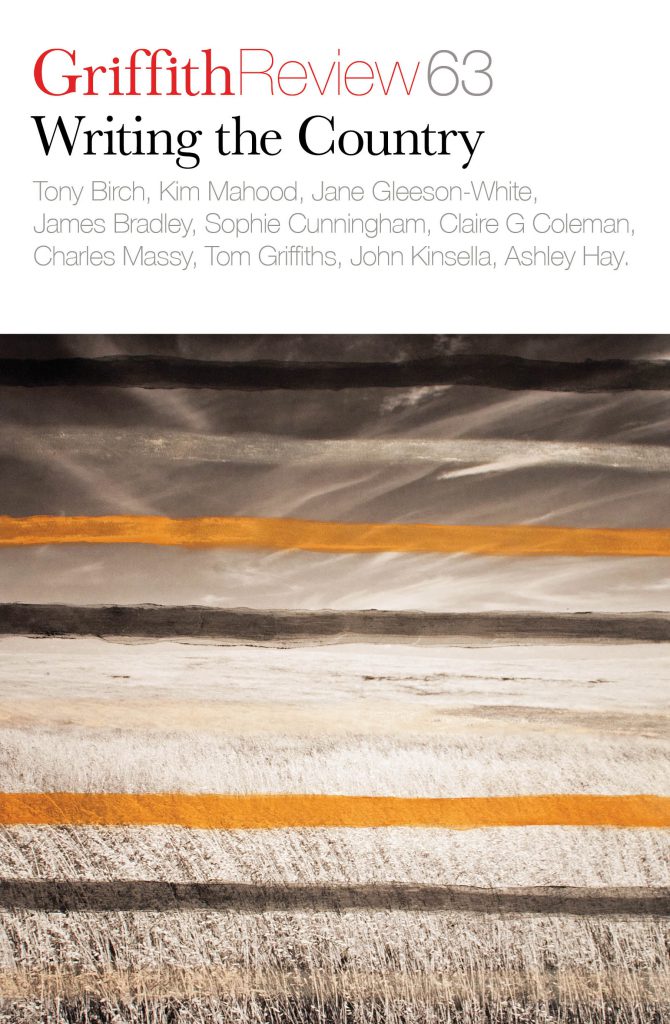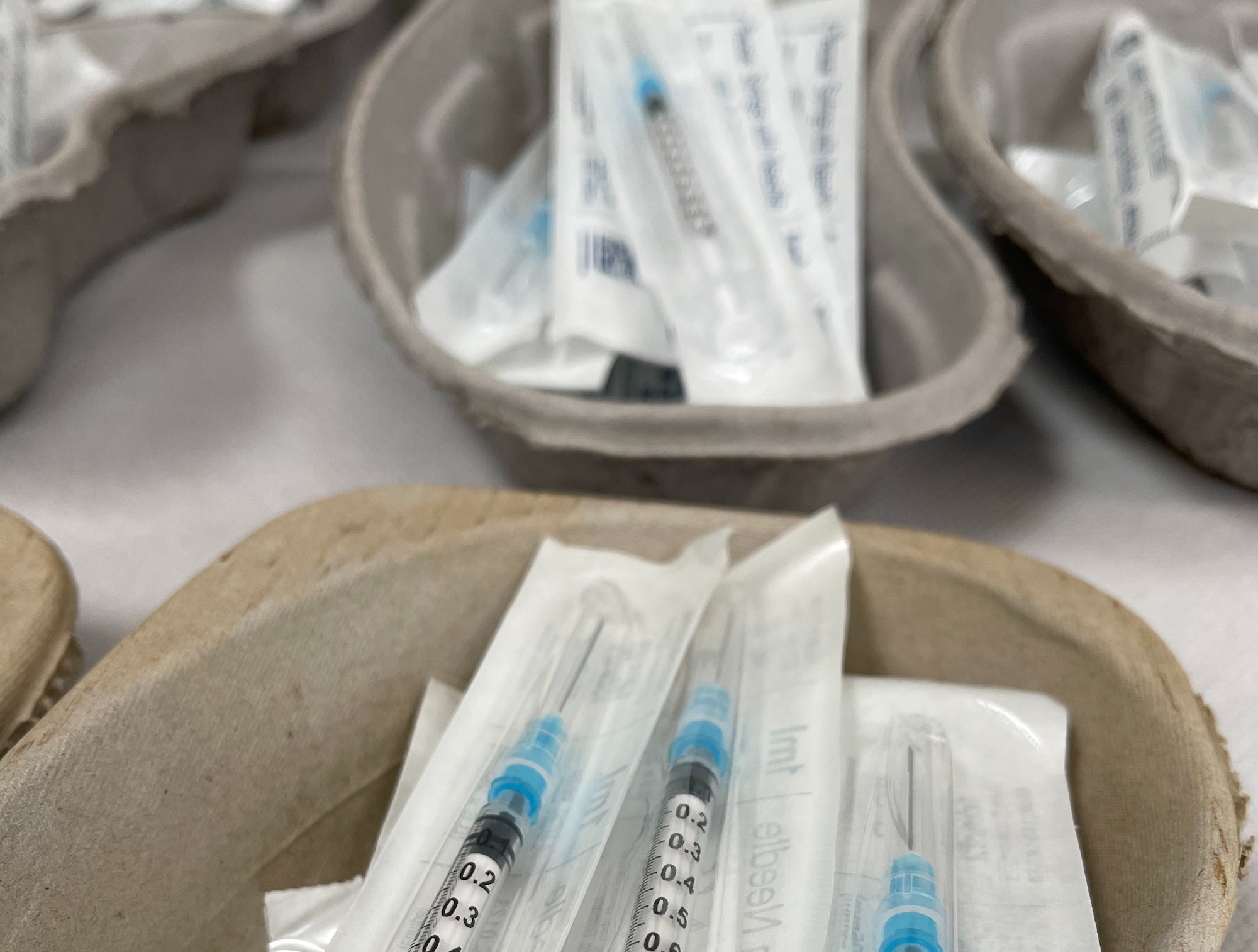Ghost species and shadow places
Seabirds and plastic pollution on Lord Howe Island
Featured in

- Published 20190205
- ISBN: 9781925773408
- Extent: 264pp
- Paperback (234 x 153mm), eBook

Already a subscriber? Sign in here
If you are an educator or student wishing to access content for study purposes please contact us at griffithreview@griffith.edu.au
Share article
More from author

Weaponising privilege
ReportageEven then, ‘the strip’ was a parody of itself. But the Cross was still an idea, a state of mind. It was a place of organised crime, corrupt police, exploitation, inequality and violence – but it was also a place to find likeminded people, to escape judgment. Which is what makes the story of reform here so extraordinary – vulnerable people who gathered together to seek acceptance ended up working together for survival, liberation and change. Harm minimisation was shaped by a crisis that ultimately engendered credibility and resolve. From those beginnings, it continues to grow.
More from this edition

Valuing country
EssayIT WAS READING Alexis Wright’s novel Carpentaria (Giramondo, 2006) in 2007 that introduced me to the idea of ‘country’: land as a living being...

The storm
FictionTHE PASTURE IS dry. Dust on her boots, burrs in her socks, sweat under her breasts, neck, pits, crotch. She longs for a breeze,...

The costs of consumption
EssayLAST OCTOBER, THE World Wildlife Fund for Nature released the 2018 Living Planet Report. Published biennially since 1998, the report offers a comprehensive overview...